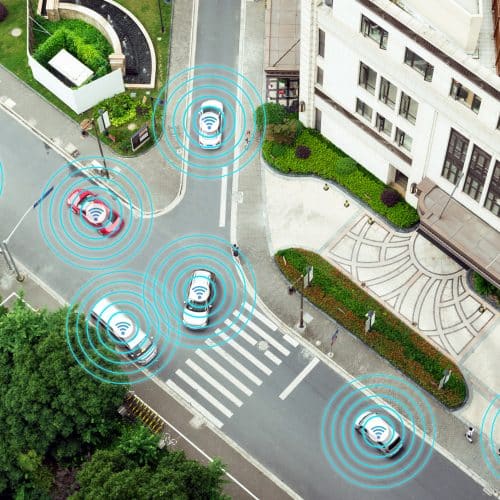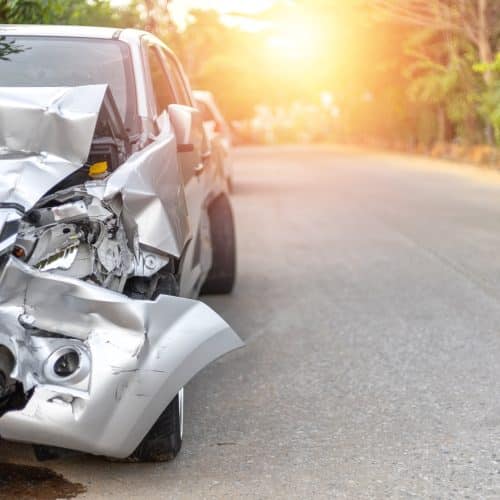Self-driving cars, or autonomous vehicles, have been heralded as the future of transportation. Equipped with advanced sensors and software, these vehicles aim to reduce the number of accidents caused by human error. However, as with any new technology, there are questions about the safety of self-driving cars. One of the most pressing questions: How likely is it for a self-driving car to crash?
Currently, there are no commercially available, fully autonomous vehicles. Advanced driver assistance system (ADAS) technologies, referred to as Level 2 in terms of automation, are in use, but they still require human input.
Examples of ADAS include features such as:
- Adaptive cruise control
- Lane-keeping assist
- Automatic emergency braking
Despite the absence of fully autonomous vehicles, we can examine existing data to determine the likelihood of self-driving cars crashing and assess the safety of the currently available autonomous technologies.
Have There Been Crashes With Self-Driving Cars?
Yes. Crashes involving self-driving cars have occurred. As part of their regulatory obligations, the NHTSA required certain manufacturers to report any crashes involving their autonomous vehicles, allowing us to begin understanding early trends and potential areas for improvement.
Between June 29, 2021, and May 15, 2022, the NHTSA received reports of Level 2 autonomous vehicle crashes from these manufacturers, as detailed in the table below:
| Manufacturer | Number of Crashes (6/29/2021 – 5/15/2022) |
| Tesla | 273 |
| Honda | 90 |
| Subaru | 10 |
| Ford | 5 |
| Toyota | 4 |
| BMW | 3 |
| General Motors | 2 |
| APTIV | 1 |
| Hyundai | 1 |
| Lucid | 1 |
| Porsche | 1 |
| Volkswagen | 1 |
Data from the NHTSA’s Summary Report: Standing General Order on Crash Reporting for Level 2 Advanced Driver Assistance Systems
Note that the current number of autonomous vehicles on the road is relatively small, but even with this limited pool of data, we can glean valuable insights into the safety landscape of this groundbreaking technology.

Are Self-Driving Cars Safer?
In theory, self-driving cars should be less prone to accidents because they eliminate the factor of human error. They can react quickly to changing situations, potentially making roads safer for everyone.
On the other hand, self-driving cars are not immune to accidents — they have limitations and potential flaws.
The Future of Autonomous Vehicle Safety
Despite the potential challenges, experts believe that autonomous vehicles will be significantly safer than human-driven vehicles in the future. Based on their 2017 study, The Rand Corporation has even suggested that making automated vehicle technology available to consumers earlier — even if it’s not yet perfect — could save hundreds of thousands of lives compared to waiting for the technology to be more developed and refined.
Staying informed about this evolving technology is part of The Wolf Pack® attorneys’ commitment to protecting the rights and interests of our clients involved in accidents with autonomous vehicles.
Table of Contents
To further understand self-driving car technology and the concerns surrounding it, check out our insightful blog articles:







